Uber
I’ve been following the latest Uber developments with interest. There’s the obvious disruption to the status quo of Londoner’s transport options and then there’s the employment status of Uber drivers.
I’m not so interested in the political side of things and the obvious protectionism of Black Cab drivers. Uber is primarily a software company that is just as disruptive to the taxi industry as marketplaces and online in general have been to retail.
What’s interesting is the ‘gig’ economy and the supposition that Uber drivers are effectively employees of Uber.
The difference between a taxi and a private hire minicab
First we need to understand the difference between a ‘Taxi’ and an ‘Uber’. Taxis have more leeway in how they get trade, they can pick up from the street or from a taxi rank but Ubers are classed as Private Hire cars and they must be pre-booked. There are plenty of Private Hire companies in London, one of the biggest and best known is Addison Lee but other app companies such as Green Tomato also work in the capital.
I’ve in the past booked a ‘Private Hire’ car at a train station simply by walking up to a small office, asking for a car and thirty seconds later my ‘pre-booked’ car arrives. It’s effectively a taxi rank without a rank but this is the old way of working. I’ve even asked a driver parked outside a booking office if they were free to be told “Yes, but you have to book me in the office” and bingo, walk to the office, ask for a car and walk back and get in the one that was waiting. This is the old fashioned way of doing things, today we use apps similar to Uber.
Uber drivers don’t have to exclusively work for Uber either, any private hire owner driver can sign up to Uber and work alongside their existing business, although many Uber drivers may not have worked in the Private Hire industry before.
Employee or Self Employed?
So now it comes down to whether Uber drivers are employees or not and the implications could be more far reaching than just minicab booking apps.
Uber are a tech company providing a platform for which they make a charge and it’s not too far fetched to suggest that marketplaces also provide a platform for which them make a charge. Uber expect you to have your own car to fulfil the service and marketplaces expect you to have product to ship. Uber take the money and give workers their cut and so do marketplaces. Uber drivers are self employed and so are many marketplace sellers. Uber drivers may work for other companies (or themselves) and so do marketplace sellers The similarities start to stack up!
If Uber drivers are entitled to be considered employees what about other industries? It’s not just marketplaces, it’s food delivery, parcel delivery and a whole load of other industries. Marketplaces are probably bottom of the list, but could you one day be considered an marketplace employee if your sole income is using their platform to sell?
Holiday pay, sick pay, maternity pay, minimum wage, pension contributions…. I can think of a few marketplace sellers that would be pretty happy to be considered as working for a marketplace!
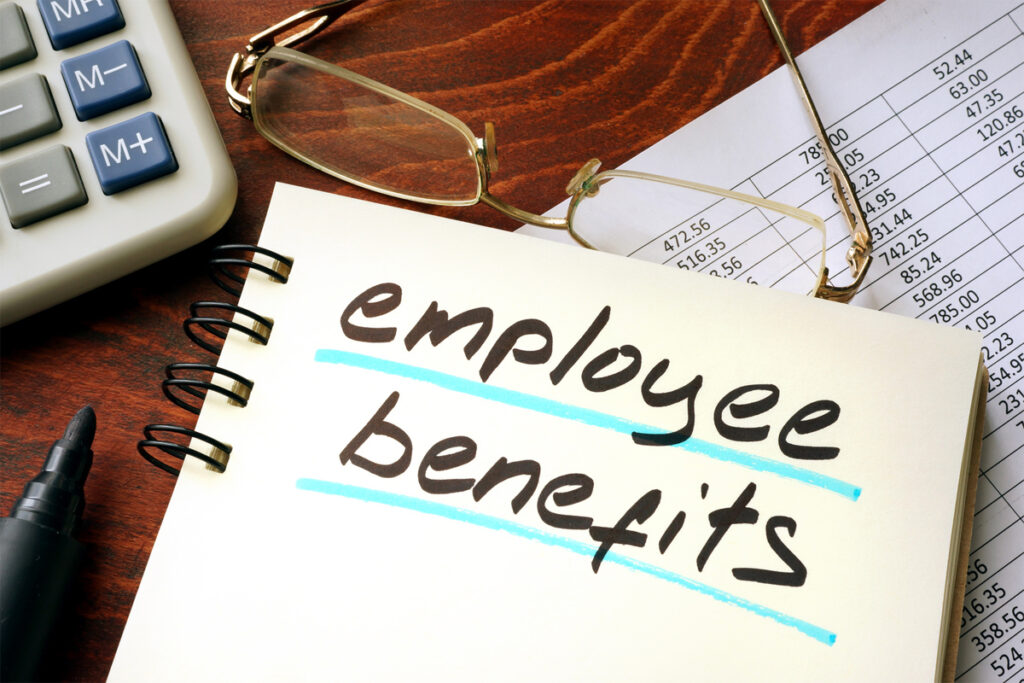
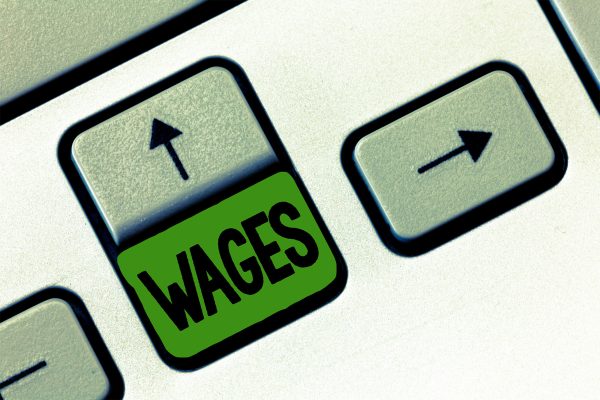
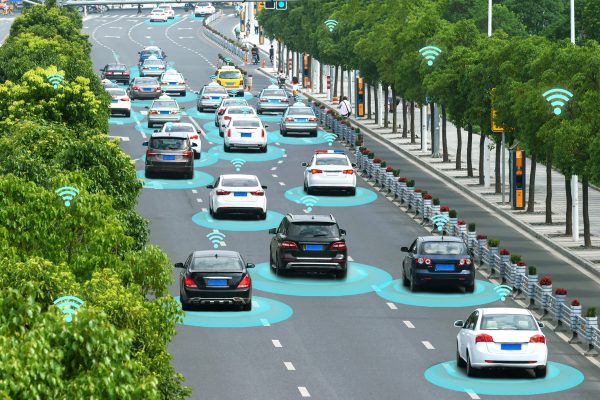
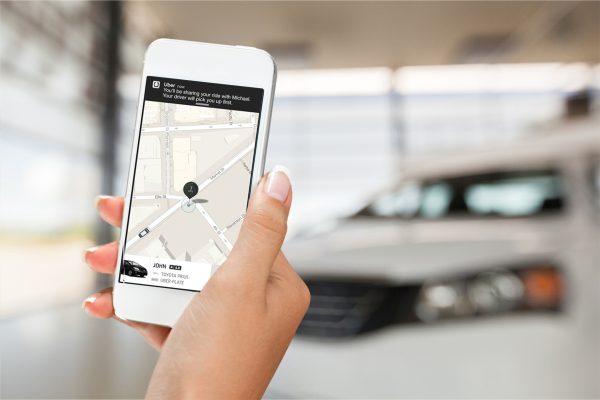
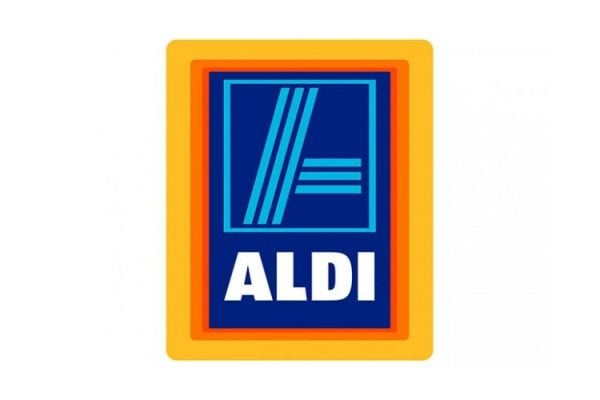

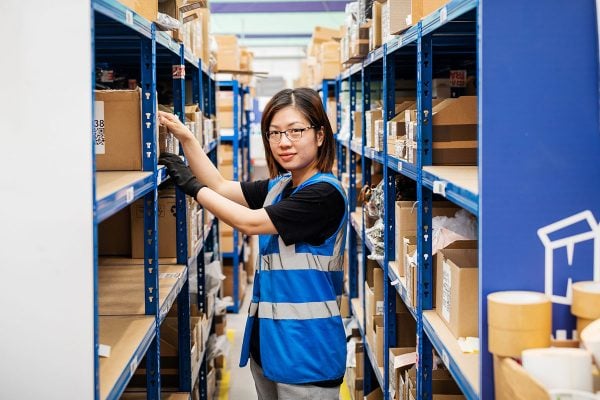


5 Responses
I’m no expert on this but market place sellers get to set their own prices (though admittedly that also depends on your competitor seller’s prices as well), whereas from what I understand if your an Uber driver you can’t, Uber set the price and again from what I have read they even set extremely low rates at certain times intending to get rid of competition. If the rate they set doesn’t cover your costs what do you do go home and earn nothing?
Supply and demand
Don’t matter what your selling or offering
Less cost gets the business
Northumbrian, In a perfect world yes you could say that free market forces always provide the cheapest and best service to customers. Except we don’t live in a perfect neo-capitalist libertarian society. We live in a globalised society where huge corporations will use their weight to operate at a loss whilst driving out the competition, upon doing so they will let their prices skyrocket and shaft the consumer who can’t go elsewhere, because there are no competitors. The free market isn’t free.